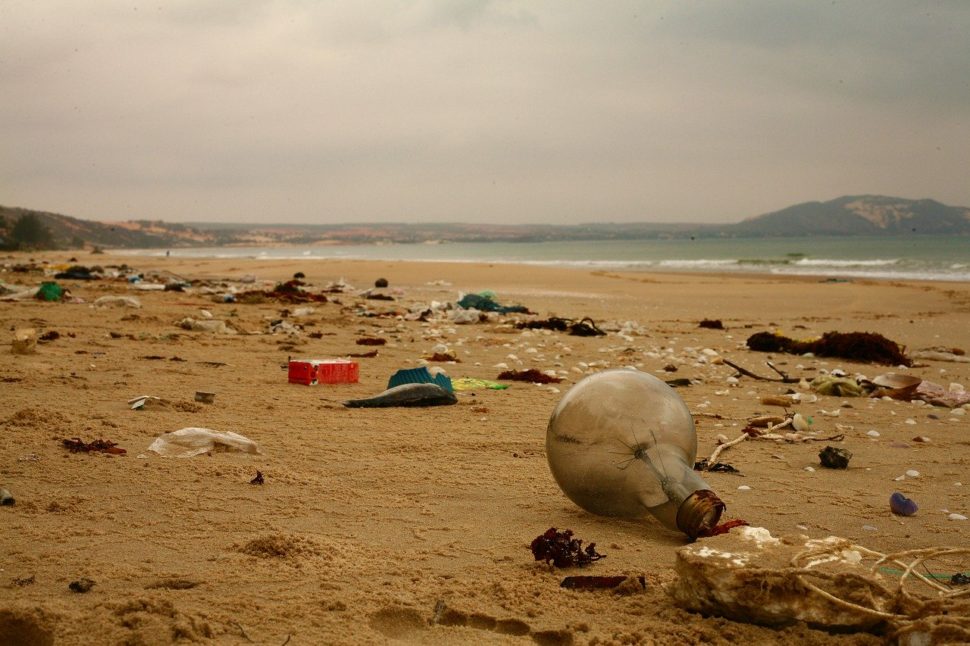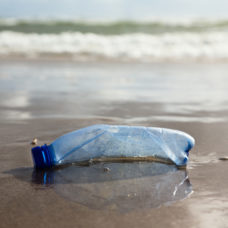Plastic pollution is the most widespread problem affecting marine life.
Over 300 million tons of plastics are manufactured annually for various purposes. From this number, at least eight million tons end up in our oceans every year, making up 80 percent of all marine debris.
As such, it’s not uncommon to find plastic debris on shorelines of all the continents. This is especially true in popular tourist destinations and densely populated regions of the world.
However, the most severe impact of ocean plastics might be its effect on marine wildlife.
Fishes, whales, and turtles could mistake plastic waste for prey and ingest it. Since their stomach is filled with plastic debris rather than food, most of these animals usually die of starvation.
Scientists are continually devising new ways to tackle the ocean plastics problem.
For example, a district in Amsterdam uses an air bubble barrier to trap plastic wastes in its canal. Then there’s the floating boom.
Using Floating Booms to Collect Marine Plastics.
One of the most publicized ways to deal with marine plastics remains floating booms. It’s a giant floating barrier that would confine all the plastics to be hauled back to shore.
However, a new study has cast doubts over the method. According to the researchers, floating booms are unlikely to put a dent on marine plastics problems if left to run into the next century.
In a statement, study author from the University of Exeter, Dr. Jesse F. Abrams said:
“Even if we could collect all the plastic in the oceans – which we can’t – it’s really difficult to recycle, especially if plastic fragments have floated for a long time and been degraded or bio-fouled.”
For the study, the team developed a model to estimate the total mass of floating plastics, both current and future.
As it turns out, the current total mass of floating plastics is 399,000 metric tonnes. But, this number will more than double to reach 860,000 metric tonnes by 2052.
After that, the scientists explored how trash-collection devices such as a floating barrier can reduce ocean plastic debris.
According to the study, deploying 200 floating booms for 130 years without downtime would barely scratch the surface. It’ll only reduce floating plastic debris by 44,900 metric tonnes. That’s around 5 percent.
Of course, we could collect all the plastics from the oceans and burn or bury them. However, burying plastics could contaminate the ground. Similarly, burning leads to more carbon dioxide emissions.
“The important message of this paper is that we can’t keep polluting the oceans and hoping that technology will tidy up the mess,” says Abrams.
The researchers published their findings in the journal Science of the Total Environment.


















Comments (0)
Most Recent